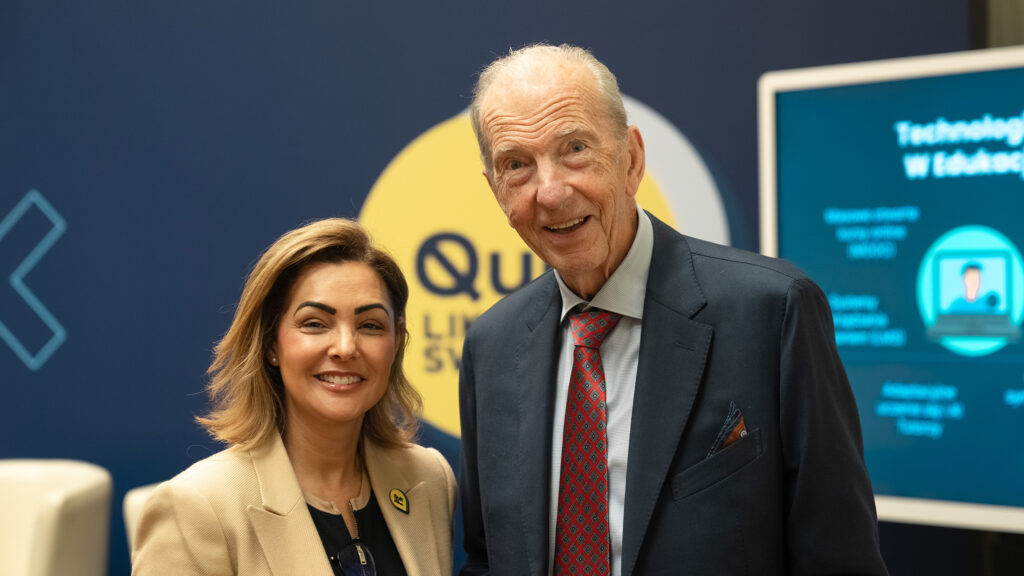
On 6 October in Warsaw, Quit Like Sweden was invited to participate in the Longevity Foundation’s conference “How Effective Public Policy Can Help Combat Addictions – International Case Studies,” held at the Polish Parliament (Sejm). During the event, global public health experts emphasized that Polish policymakers can learn life-saving public health lessons from Sweden.
QLS hosted a panel featuring Suely Castro and Dr. Karl Fagerström, focusing on innovative nicotine products and pragmatic harm-reduction policies that provide smokers with life-saving alternatives to cigarettes. The panel “Prevention in the 21st Century: Technology, Education, and Health Policy” specifically explored Sweden’s remarkable success in reducing adult smoking prevalence to “smoke-free” levels (no more than 5% of adults), well ahead of Poland’s 27%, the EU’s 2040 target, and the average EU member country rate of 24%.
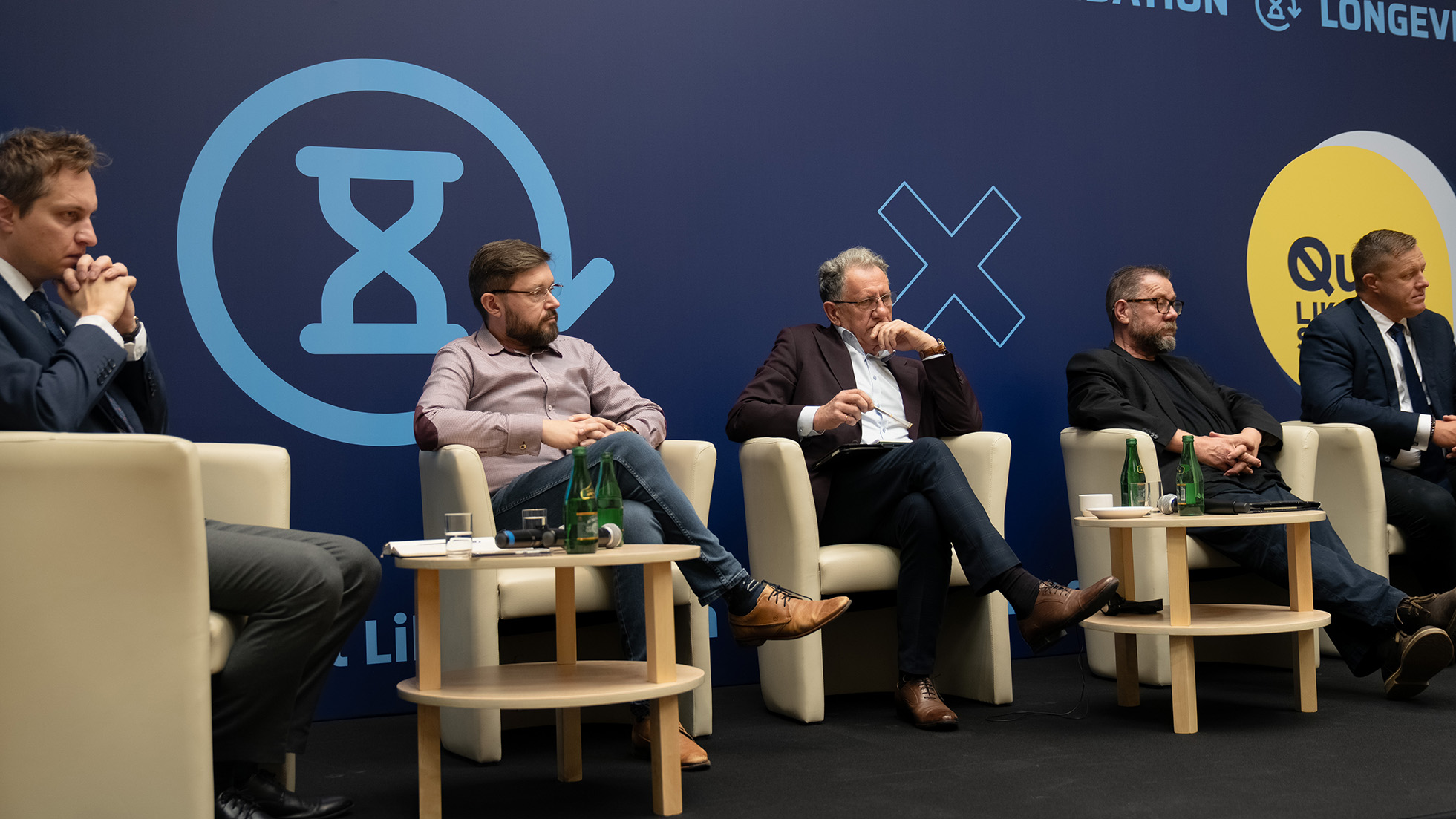
The speakers, Dr Karl Fagerström, a leading tobacco harm reduction researcher, and Suely Castro, the founder of the global public health platform, Quit Like Sweden, explained how disruptive medical technology globally has saved millions of lives and also improved the quality of life for millions of individuals and their families. They maintain that technological innovations in alternative products to cigarettes offered comparable life-saving and quality of life-improving opportunities to smokers.
Fagerström and Castro discussed the story and role of snus and nicotine pouches in comprehensive approaches to significantly reducing smoking rates in Sweden, serving as a potential model for an innovative harm-reduction strategy in Poland. They maintain such products need to be accessible (sold at least wherever cigarettes are sold), acceptable (come in a range of flavours and strengths to be realistic options for people who smoke), and affordable (more affordable than cigarettes) to ensure consumer interest, commercial viability, and the maximum improvement in public health.
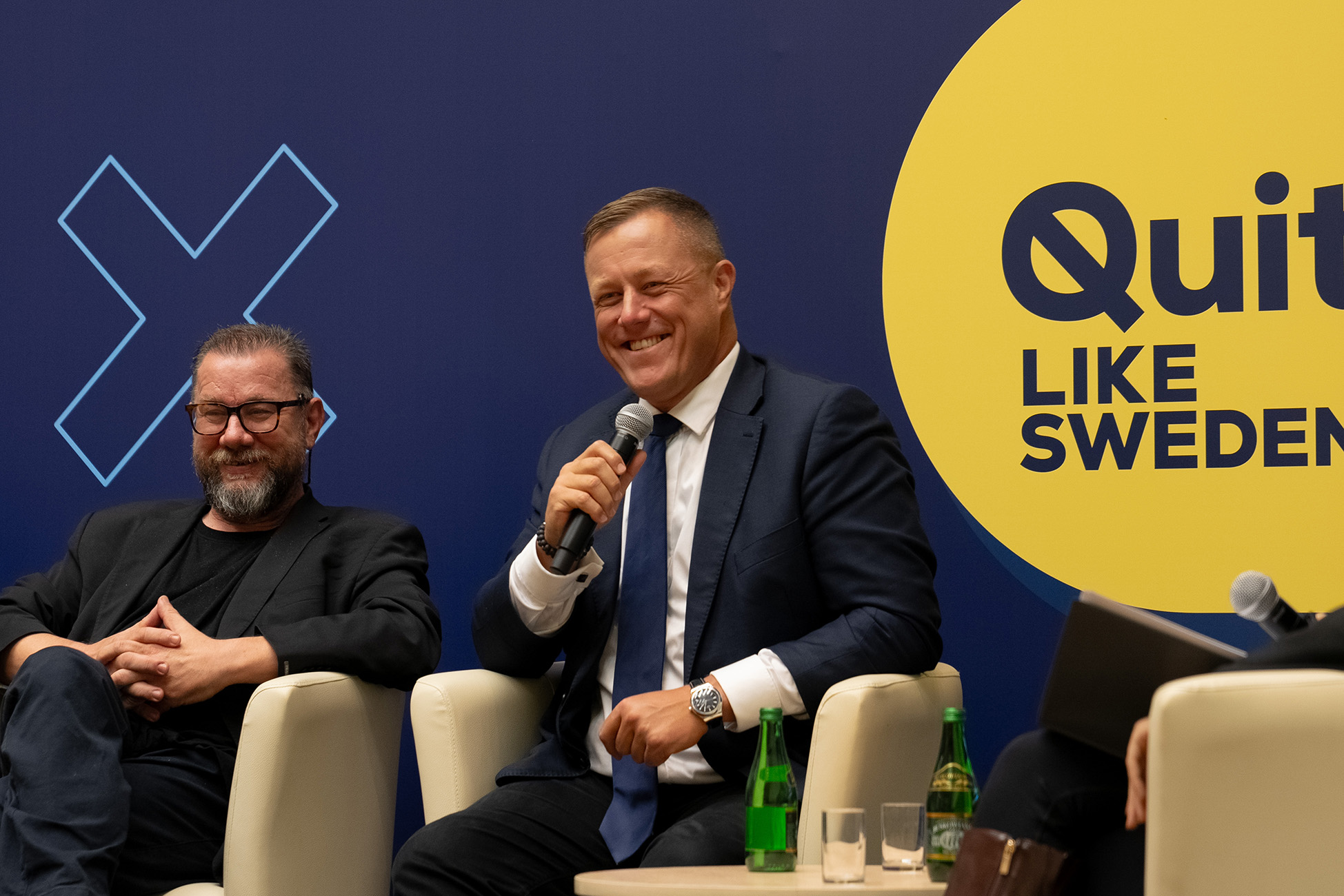
Fagerström observed, “Tobacco use is an ideal area for harm reduction.” He informed the audience that the objective of Swedish tobacco policy is a smoke-free Sweden. The highly successful strategy is “to reduce the medical and social harm caused by tobacco and nicotine products and to differentiate between the harmful effects emanating from different products.”
Castro emphasized “the importance that nicotine pouches have had for many Swedish women, who used to smoke and now prefer nicotine pouches over other alternatives to smoking, such as snus.” Reflecting on the Swedish experience, the panelists agreed smoking rates can be reduced dramatically through the use of alternative products and evidence-based consumer education. Revealingly, policymakers do not need to resort to bans and prohibitions to achieve their public health goals.
Speakers
SUELY CASTRO
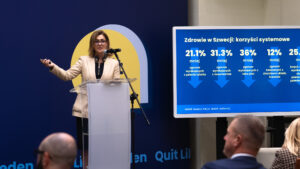 Suely Castro is a passionate advocate for harm reduction, who has worked on assessing the impact of international approaches to tobacco control, focusing on the experience and real-world effectiveness of alternatives to smoking. She has dedicated nearly two decades to researching and travelling the world advocating for alternative nicotine products to be Accessible, Acceptable, and Affordable to those seeking to quit cigarettes. Suely works tirelessly to foster collaboration and dialogue across borders. Inspired by her personal experience with the impact smoking (and the absence of alternatives) can have on families, she founded Quit Like Sweden after witnessing first-hand Sweden’s incredible achievement. Her goal is to bring the Swedish experience to the world to help save and improve the lives of millions of people.
Suely Castro is a passionate advocate for harm reduction, who has worked on assessing the impact of international approaches to tobacco control, focusing on the experience and real-world effectiveness of alternatives to smoking. She has dedicated nearly two decades to researching and travelling the world advocating for alternative nicotine products to be Accessible, Acceptable, and Affordable to those seeking to quit cigarettes. Suely works tirelessly to foster collaboration and dialogue across borders. Inspired by her personal experience with the impact smoking (and the absence of alternatives) can have on families, she founded Quit Like Sweden after witnessing first-hand Sweden’s incredible achievement. Her goal is to bring the Swedish experience to the world to help save and improve the lives of millions of people.
DR KARL FAGERSTRÖM
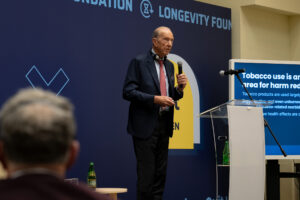 Dr. Karl Fagerström (Sweden) earned his PhD in nicotine dependence and smoking cessation in 1981. He is best known as the inventor of the Fagerström Test for Cigarette Dependence, a widely used diagnostic tool. As a founding member of the Society for Research on Nicotine and Tobacco (SRNT), he has made significant contributions to tobacco research and currently serves as a deputy editor of Nicotine & Tobacco Research. His outstanding work in tobacco control earned him the World Health Organization medal in 1999, and in 2013, he received the Award on Clinical Science from SRNT.
Dr. Karl Fagerström (Sweden) earned his PhD in nicotine dependence and smoking cessation in 1981. He is best known as the inventor of the Fagerström Test for Cigarette Dependence, a widely used diagnostic tool. As a founding member of the Society for Research on Nicotine and Tobacco (SRNT), he has made significant contributions to tobacco research and currently serves as a deputy editor of Nicotine & Tobacco Research. His outstanding work in tobacco control earned him the World Health Organization medal in 1999, and in 2013, he received the Award on Clinical Science from SRNT.
